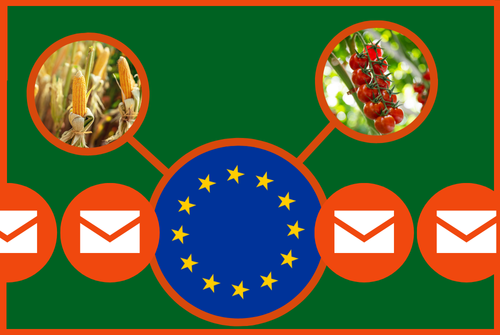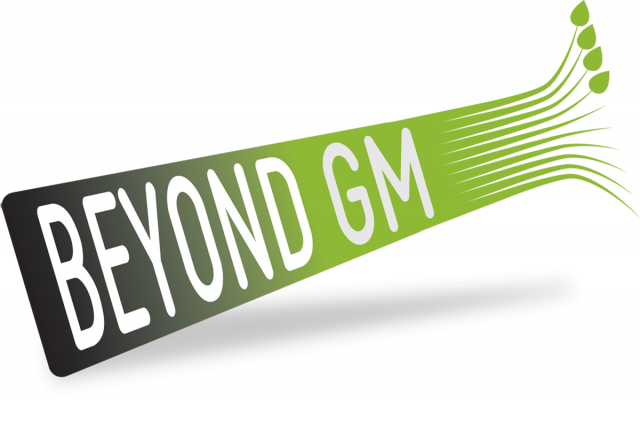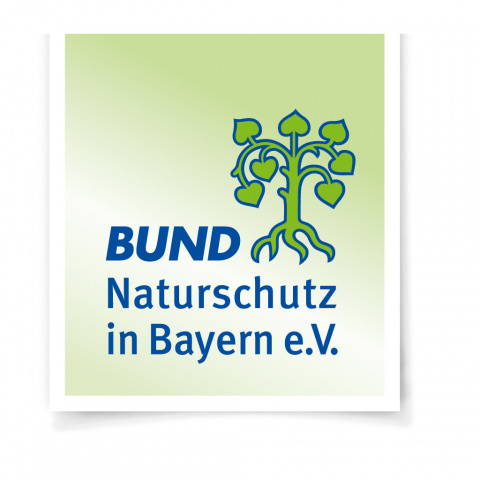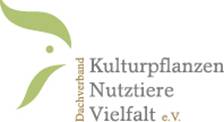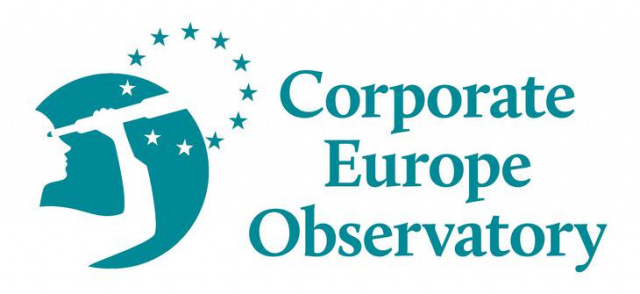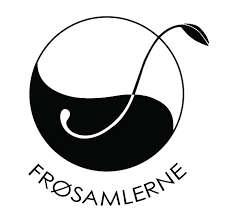
Stop patents on conventional plant breeding and naturally-occurring gene variants
The ongoing negotiations at the EU in regard to the proposal for the future regulation of plants obtained from new genetic engineering (NGT) are an important opportunity to find a political solution to protect classical breeding from patents. Write an email to your Members of European Parliament (MEPs) in the Committee on Agriculture and Rural Development (AGRI) and ask them to take action now!
Select the email addresses of the MEPs of your country (or any country) from the list below and write them an email with the help of the email template below.
THANK YOU FOR YOUR SUPPORT!
The contact list of the Members of European Parliament (AGRI)
The Email template of the open letter as PDF
EMAIL TEMPLATE:
Stop patents on conventional plant breeding and naturally-occurring gene variants
Dear Members of the European Parliament,
European law has never allowed patents on seeds obtained from conventional breeding. Nevertheless, the European Patent Office (EPO) has been granting these kinds of patents for several years now. In 2017, the EU tried to solve this problem by introducing the new Rule 28(2) into the European Patent Convention (EPC) – it was meant to prevent patents from being granted on plants obtained from crossing and selection.
On 6 November 2025, the new rule was applied in a precedent case at the EPO in a hearing on a patent claiming maize held by the German company, KWS, (EP3560330). The new rule did not have any significant effect on the outcome: EPO misinterpretation of the patent means that it still covers plants inheriting the naturally-occurring gene variants of a native trait (higher digestibility). It also claims subsequent plant generations obtained from crossing and selection. The patent even covers the cultivation, harvesting and the feed produced from the maize. The new rule evidently failed to reduce the scope of the patent. In addition, the patent also claims plants obtained from random mutagenesis, even though this is a frequently used method in conventional plant breeding. Finally, it also covers CRISPR-plants if the gene is reproduced via gene scissor applications.
Patents such as the one described above claim biological diversity as private property, even though it was not invented and is needed by all breeders. As such, the patents can block or hamper access to resources crucial for our food production. In many cases, the patents claim genes that provide a natural resistance to plant pathogens.
Politicians must now make it clear in their policy making that patents on conventional breeding and naturally-occurring gene variants can no longer be granted in Europe. The ongoing discussions in regard to the proposal for the future regulation of plants obtained from new genetic engineering (NGT) should be seen as an important opportunity to find a solution. This only needs minor clarifications in the interpretation of the current law. Patents can only be granted on genetic engineering processes if the outcomes go beyond what occurs in nature. If such a solution isn’t achieved in the trilogue negotiations, we urge you, esteemed Members of the European Parliament, not to approve the proposal.
Now is the time to act!
If patents on conventional breeding and naturally-occurring gene variants are not stopped, many breeding companies will be facing shutdown due to high costs and legal uncertainties. This would have major consequences not only for plant breeding, but also for agriculture and food production. We will all become dependent on decisions made by the companies that apply for the highest number of patents. Therefore, the EU has to stop these patents now to protect the future of our food.
Annex: How to rectify the interpretation of European patent law
More information
Report October 2025, No patents on seeds! with a new proposal to clarify current patent law:
https://www.no-patents-on-seeds.org/en/report-2025
Report March 2025, No patents on seeds!: Putting food security at risk: Patents on conventionally bred seeds with resistance to plant pathogens
https://www.no-patents-on-seeds.org/en/report-patents
The precedent case (KWS maize patent): https://www.no-patents-on-seeds.org/en/maize
---
